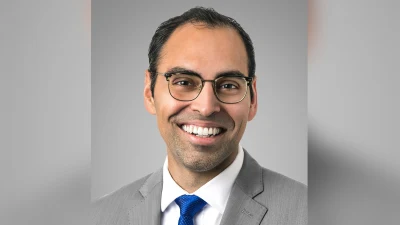Advisers underestimating client demand for alternatives



Wealth managers who can integrate a full range of alternatives into investment propositions stand to gain a competitive advantage over their peers, especially for wealthier clients.
EY’s latest Global Wealth Report found offering a wide range of products is a “stronger differentiator than ever before” in achieving greater client satisfaction, retention and provider selection.
Specifically in Asia-Pacific, 60 per cent of clients said they are currently using alternatives and 27 per cent are interested in doing so in the future.
While around half are using alternatives already, EY said it believes many clients are under-allocated to the asset class, which includes hedge funds, real estate and private markets, and that advisers are underestimating demand.
The proportion using alternatives globally rose to 83 per cent of the ultra-high-net-worth clients, and 40 per cent of those in this demographic plan to increase this usage.
EY said: “The importance of products has increased dramatically in the past two years, with 50 per cent of clients identifying it as important compared with 36 per cent in 2022. Clients across every wealth segment are making a concerted effort to gain exposure to a growing range of investments, including real estate, private credit and digital assets.
“Our findings also suggest that advisers are missing opportunities to bring new investment ideas into client conversations. That is especially true for more specialised asset classes and investment strategies.”
For example, 39 per cent of clients said they were interested in value-based investment, but only 20 per cent said their adviser had discussed them. Overall, 61 per cent viewed alternatives as an important topic to discuss with their adviser, rising to 75 per cent of wealthier clients.
This lack of engagement means clients may be opting to educate themselves on the asset and potentially reaching misguided conclusions. Clients’ concerns around investing in alternatives centered around them being high risk or with high fees or with an unclear risk-return profile. Those in the mass affluent sector were particularly concerned about them being high risk at 55 per cent, the highest of all categories and demographics.
“The importance of product choice to clients, together with shortfalls in adviser engagement, points to a strategic opportunity for wealth managers to boost client retention, satisfaction and recruitment from a more diverse and well-communicated product offering,” EY concluded.
“The answers to these concerns lie in education, understanding and suitability. Wealth managers need to ensure that clients’ product choices are aligned with financial planning – helping them to feel more confident about achieving lifetime goals.”
Recommended for you
La Trobe Financial has announced the launch of an ASX-listed private credit fund, offering a new funding avenue for the firm.
The financial services company has welcomed two independent non-executive directors to its board, while also announcing the upcoming departure of another board member.
Pendal is set to shutter its Asian Share Fund in August as it has “little prospect” of significant growth in funds under management.
Australia’s alternative investment market is set to enjoy further evolution and growth thanks to innovation overseas, predicts BlackRock and Franklin Templeton.















